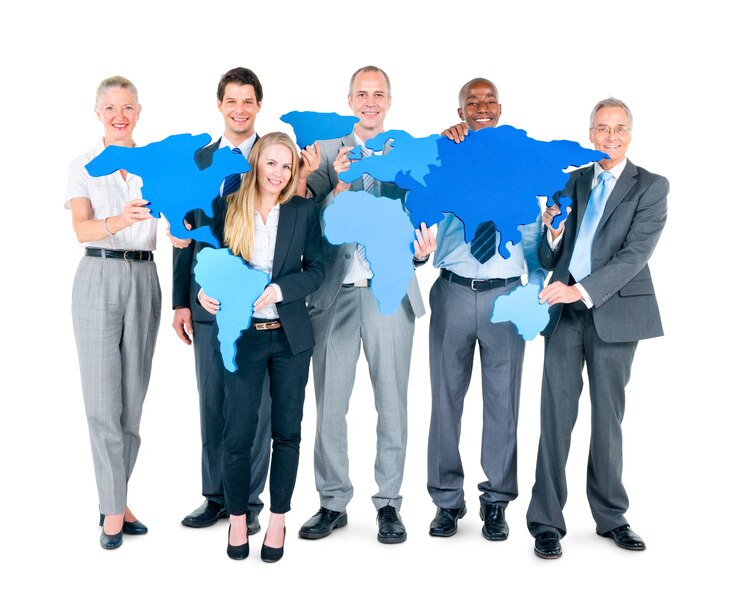why rich countries support developing countries through NGOs
AI-UNO is always wish to NGOs enhance, work smartly in community. It’s true that not all NGOs have fully embraced technology and innovation in their projects and operations. While some NGOs have been at the forefront of using technology to enhance their work, there are various reasons why many NGOs may still lag behind in this aspect. Here are a few key factors to consider: Register as Donor from your country write a Subject: “Donations” send your request on info@aiuno.org
Rich countries support developing countries through NGOs for several reasons, driven by a mix of altruism, self-interest, and global cooperation. Here are some key motivations:
- Humanitarian Aid: Rich countries provide support to NGOs working in developing countries to address immediate humanitarian needs. This includes responding to natural disasters, providing food and clean water, and offering medical assistance in times of crisis.
- Poverty Alleviation: Wealthy nations aim to reduce poverty and improve living standards in developing countries. Supporting NGOs that focus on sustainable development, education, healthcare, and livelihoods can help lift people out of poverty.
- Global Health: Rich countries recognize the importance of global health security. By investing in healthcare NGOs, they can prevent and combat disease outbreaks in developing nations, which can, in turn, protect the health of people worldwide.
- Economic Benefits: Enhanced economic stability and growth in developing countries create new markets for rich countries’ products and services. Economic development in these regions can lead to increased trade and business opportunities.
- Security and Stability: Supporting NGOs working on conflict resolution, peacebuilding, and governance can contribute to political stability in developing countries. A stable world is in the interest of all nations as it reduces the likelihood of conflicts that can have far-reaching consequences.
- Climate Change and Environmental Concerns: Rich countries often support NGOs focused on environmental and sustainability issues in developing countries. These initiatives can help mitigate climate change, protect biodiversity, and ensure the responsible use of natural resources, which benefits the entire planet.
- Global Health Threats: Rich countries understand that health crises can easily become global threats. By supporting NGOs involved in pandemic preparedness, vaccine distribution, and healthcare infrastructure, they can protect their own populations from contagious diseases originating in developing countries.
- Geopolitical Influence: Providing assistance through NGOs can enhance a country’s global standing and influence. It can foster goodwill and diplomatic relations, which can be valuable for trade agreements and strategic partnerships.
- Moral and Ethical Responsibility: Many individuals and leaders in rich countries believe that they have a moral and ethical obligation to help those in need, regardless of geographical borders. This sense of responsibility is a driving force behind supporting NGOs working in developing nations.
- Achieving Sustainable Development Goals (SDGs): The United Nations’ SDGs are a global commitment to address various challenges, including poverty, inequality, and environmental issues. Rich countries contribute to these goals by supporting NGOs that work toward achieving the SDGs.
- Human Rights and Social Justice: NGOs often play a critical role in advocating for human rights and social justice in developing countries. Rich nations support these efforts to promote democratic values and protect human rights.
- Knowledge Sharing: Supporting NGOs can facilitate the exchange of knowledge and expertise. Rich countries can provide resources, technical assistance, and training to help developing nations build capacity and expertise in various fields.
Rich countries recognize that a stable, prosperous, and healthy world benefits everyone. While there are geopolitical and economic interests at play, there is also a genuine desire to alleviate suffering, promote human rights, and create a more equitable and sustainable global community through support for NGOs working in developing countries.






Leave a Reply